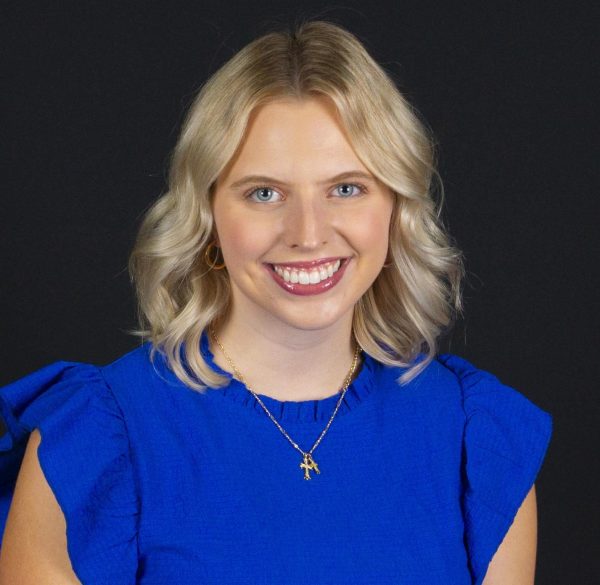Today’s weather forecast is predicting snow showers early and peeks of sunshine later in the day with a high of 38 degrees and a low of 23 degrees.
Controversial ASMSU ballot proposal seeks to overturn previous vote on presidential elections
Michigan State University’s undergraduate student government is embroiled in a heated debate over how to elect its president. Last year, students voted to switch from a parliamentary system to a popular election for the position, with plans to implement this change by spring 2026. However, the current student government, the Associated Students of MSU (ASMSU), is now pushing to overturn this decision, citing concerns over time and logistics.
The main issue? The committee tasked with planning the transition has struggled with low participation, leading to delays. Critics, including former members, argue that ASMSU is not doing enough to implement the change and accuse the current proposal of being misleading. One former representative called the process “a mess,” while others believe ASMSU simply doesn’t care about the promised reform.
On the other side, ASMSU members defend their actions, claiming they need more time to ensure a smooth transition and avoid rushing the process. They also argue that the new system could alienate voters if turnout remains low, as it did last year.
Professor sues MSU, administrators for removal from NIH-funded research
A Michigan State University professor is suing the university, claiming he was falsely accused of professional misconduct. James Anthony, a professor of epidemiology and biostatistics, alleges that MSU retaliated against him for requesting a final payment the university had promised him. This lawsuit also claims his removal from an NIH-funded research grant violated university and NIH policies.
Anthony, a seasoned academic who previously taught at Johns Hopkins University and has received NIH funding for decades, argues that the university wrongly accused him of bullying, intimidation, and disrespect after he inquired about the delayed payment. The suit says these accusations stemmed from a series of emails discussing how to adapt to COVID shutdowns.
The lawsuit also highlights that Anthony was never properly informed of the specific accusations against him, nor was he given a fair chance to resolve the matter through the university’s grievance process. Despite filing a formal grievance in 2022, he was not allowed an independent review, and MSU classified the issue as “minor misconduct.”
In addition to his removal as principal investigator for the NIH grant, Anthony’s reputation has suffered, and he’s been unable to secure new NIH funding. His attorneys argue that MSU, along with Dean Aron Sousa and Chair Dawn Misra, violated his due process rights and mishandled the entire situation. MSU has declined to comment on the ongoing litigation.
MSU Observatory resumes public events for night sky viewing
The Michigan State University Observatory has announced its public outreach events for 2025.
The remaining 13 events, which will take place on Saturday nights from April to October, will offer students and community members the chance to tour the observatory and learn about its history. Groups of 15 will be guided through the observatory, and during the 15-minute tours, they’ll have the opportunity to look through the 24-inch telescope, which will feature sights like the moon, Mars, or Jupiter in the coming months.
While waiting for their tours, attendees can explore smaller telescopes set up outside and receive help from student volunteers who will highlight constellations and planets visible in the night sky.
Jack Schulte, a Ph.D. candidate in physics and astronomy, recommends arriving early to secure a spot for the tour.
These events also include activities for children to foster a greater understanding of astronomy. For example, the April 12 event will celebrate statewide astronomy night as part of MSU’s science festival, with solar system-themed activities, including making a model of the solar system for kids.
Mackenzie Ticoras, a Ph.D. candidate in astrophysics, emphasizes that these public nights are a chance to engage with the community and encourage questions about space.
For students like Ella Werre, an astrophysics senior, these events are a great way to apply classroom learning in a real-world setting. “I hope it inspires them,” she said, noting that astronomy is an accessible field where anyone can contribute, even with a backyard telescope.
Rebecca Kyer, also a Ph.D. candidate in astrophysics, finds joy in seeing people’s reactions as they use the telescope. “When they see the moon up close for the first time, it’s emotional,” she said. “The details like craters are just incredible to witness.”
All events are open to the public, with no registration required. The full event schedule can be found on the observatory’s website.
Based on original reporting by Anish Topiwala, Emilio Perez Ibarguen and Somer Sodeman.












